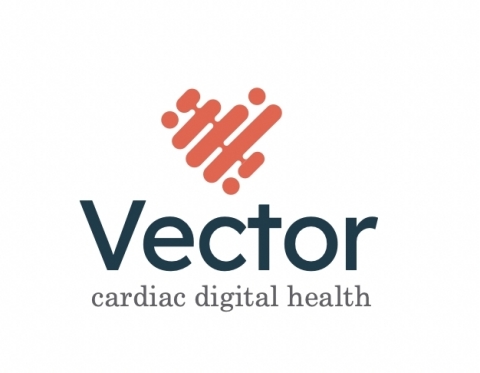Study Finds Remote Cardiac Monitoring Programs Significantly More Successful When Patients—Not Devices—Are Primary Focus
Study Finds Remote Cardiac Monitoring Programs Significantly More Successful When Patients—Not Devices—Are Primary Focus
BEND, Ore.--(BUSINESS WIRE)--Vector Remote Care today announced the results of a survey on the adoption of remote cardiac monitoring solutions and their impact on managing heart disease in the U.S. The findings reveal that remote cardiac monitoring (RCM) programs that focus on just remote device data management are missing out on both clinical and financial benefits. In comparison, cardiology practices taking a patient-centric approach, focused on data and patient compliance, report improved clinical and financial outcomes.
The survey of over 110 respondents with various roles within a cardiology practice shows nearly 75 percent of respondents believe improving patient outcomes is the first or second priority for their monitoring program. Nevertheless, narrowing the scope to physician respondents, 43 percent revealed that only 20 percent or less of their heart disease patients are connected (and result in billable reports), which indicates a large margin of missed opportunities for improved clinical and financial outcomes. Despite less-than-optimal connection rates, a strong majority of total respondents—68.75 percent— rate their program as good or excellent.
According to Kristin Stitt, DNP, APRN, Chief Clinical Officer at Vector, “These numbers are not surprising, as RCM is still relatively new. Strong satisfaction with a program that has low connection rates indicates that many practices focus on getting the devices up and running, but are not fully aware of what is possible when you design your program around patient care.”
While 93.52 percent of respondents are doing remote monitoring for rhythm management, about one-third of those practices have less than 60 percent of their patients regularly connected. In addition, fewer than 68 percent of respondents are monitoring for heart failure, and fewer than 19 percent are monitoring for hypertension.
Programs with 80-100 percent of their patients connected are most successful at gathering the revenue needed to cover program costs. Practices with less than 60 percent of patients routinely connected for billable reports clearly see covering costs as a significant challenge.
Electrophysiologist Christopher Porterfield, MD, states, “There are hundreds to thousands of stories where remote monitoring has made it easier to care for patients and, in many cases, to save lives.” Dr. Porterfield assisted with survey development and analysis of the responses.
Additional findings show practices struggle to keep patients engaged in their care, placing a strain on staff and making it impossible for clinical and financial benefits to be fully realized. All respondents view keeping patients connected, reviewing alerts, and preparing reports as their biggest challenges, but practices’ staff doing the monitoring are the most burdened.
Respondents partnering with a third-party vendor cite improved satisfaction in being able to offload time-consuming administrative work. Third party success in enrolling patients, keeping them connected, and collecting appropriate revenue is likely due to a combination of clear goals, streamlined workflows, technology, and support services that ease burdens listed above.
To access a copy of the Survey Report, visit Struggling to Connect: 2021 State of Remote Cardiac Monitoring.
Methodology: The survey consisted of 16 questions and was conducted online via SurveyMonkey.com from February 8, 2021 to March 31, 2021. The 110 respondents included electrophysiologists, cardiologists, cardiac device technicians, cardiac practice managers, LPNs, RNs, allied medical professionals, cardiac medical assistants, and cardiac service line managers.
About Vector Remote Care
Founded in 2017, Vector is a complete cardiac digital health solution that makes it simple for care teams to accurately capture, manage, analyze, and act on remote cardiac data. We help monitor and manage the entire cardiac remote monitoring lifecycle – from patient set up and data transmission to analysis and billing – so teams stay focused on what matters most: delivering the best care. To learn more about Vector, visit https://vectorremote.com
Contacts
Media Contact:
Julie Dearing for Vector
dearing@jabbcomm.com
713.201.9000
